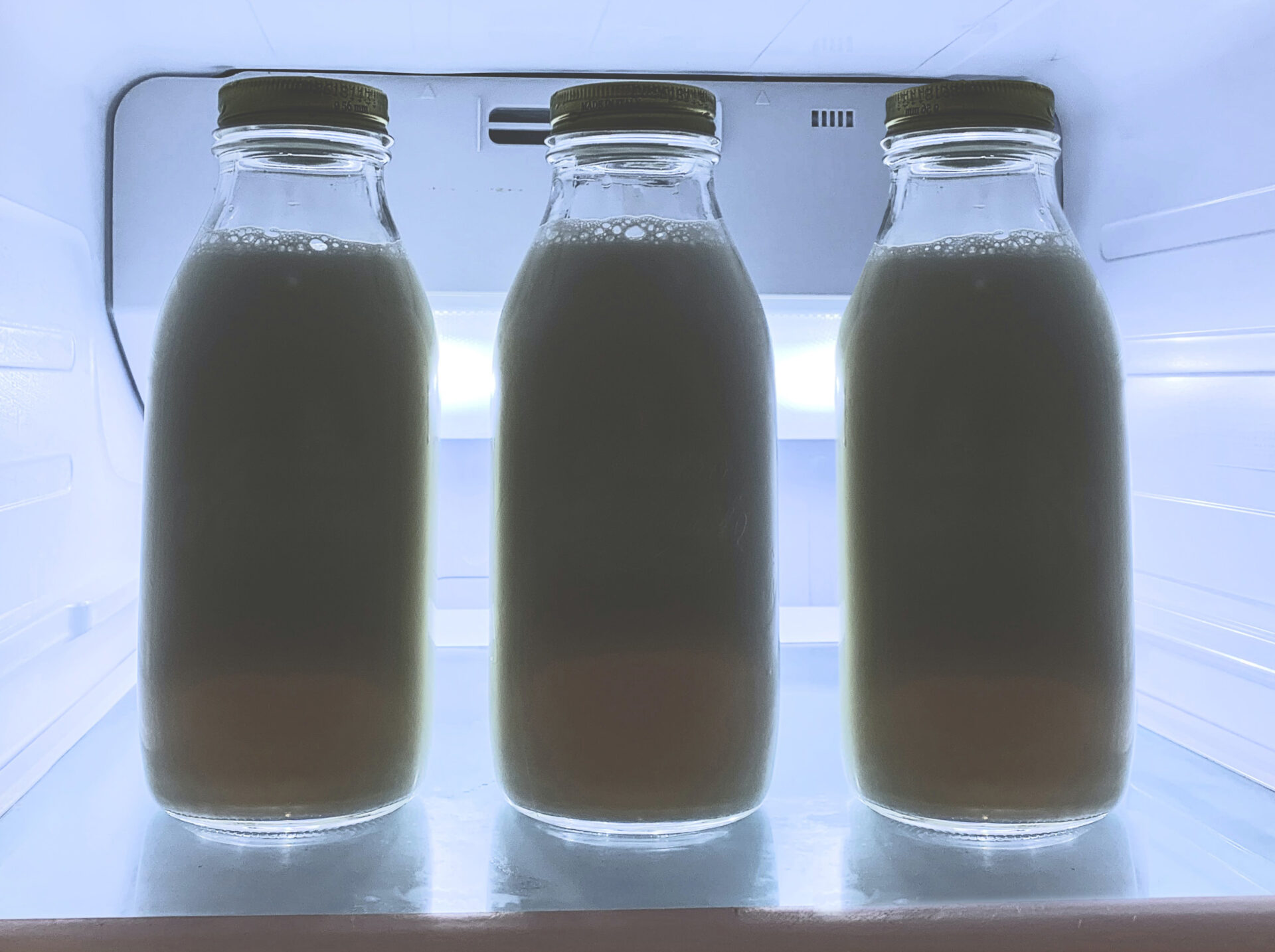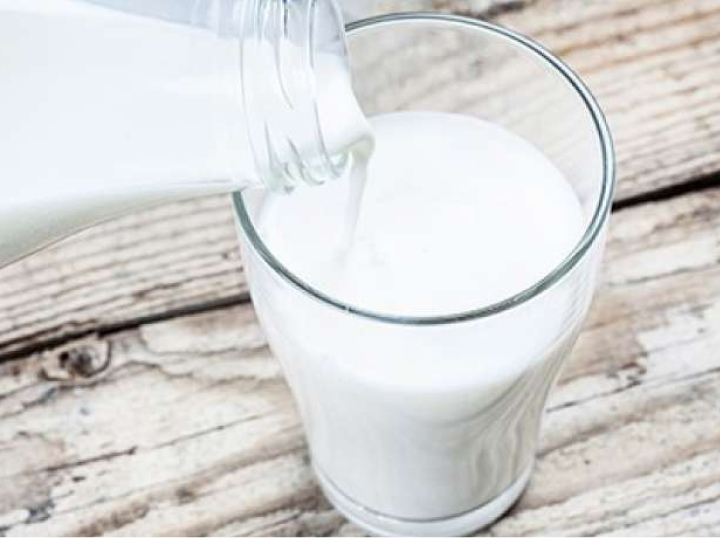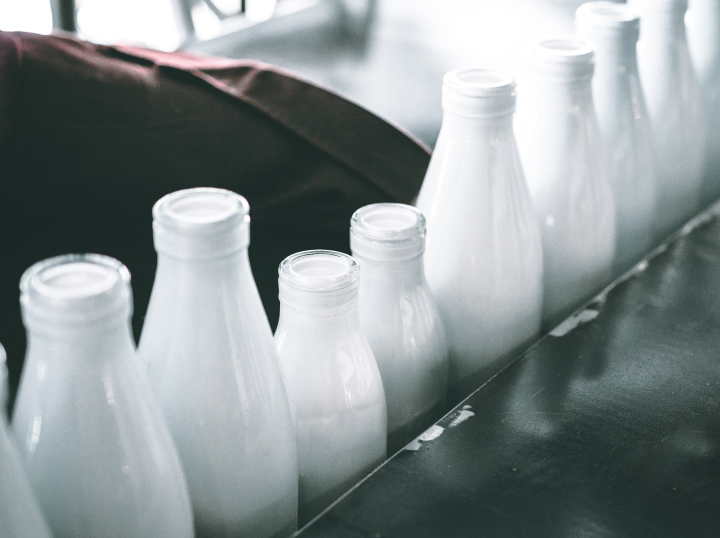Misconceptions About Dairy
By registered dietitian and triathlete Abbey Copenhaver
Let’s face it, the food industry’s impact on the environment has been a growing topic in recent years. As a dairy farmer and registered dietitian, I’m regularly asked about agriculture and food production and how it affects our environment.
So, let’s clear the air on some of the most common misconceptions about the dairy industry to help you feel confident that dairy farmers are producing a safe, nutritious and increasingly sustainable product that fuels your family and tastes delicious.

Misconception #1: Large farms are not sustainable
There are sustainable farms of all sizes. Over the years, I’ve worked on dairies from large to small, all of which are successful, that focus on sustainability and create jobs for thousands of farmers. Even my own farm and those around us have more than doubled in size since my childhood, while other local farms have stayed a similar size for decades. In fact, there are over 31,000 dairy farms across America of all different shapes and sizes and, get this, collectively U.S. dairy contributes less than 2% to total greenhouse gas emissions.
To keep improving, farmers know that sustainability is about implementing farm practices that benefit the health of cows, land and people. The combination of practices needed for each farm are different depending on its size, location, business structure and more. That said, the key to keeping a farm of any size sustainable is to have a variety of practices that not only meet a farm’s sustainability goals, but also creates a profitable farming model to keep it producing into the future.
Misconception #2: Farmer’s do not care about their animals
Farmers care deeply about their animals. In livestock farming, the health and longevity of the animal is tied to the health of the farm. Without healthy cows, farmers will have poor milk production, incur more expenses and likely have cows that don’t live as long, which affects a farm’s sustainability efforts. All in all, caring about your animals is key.
Many farmers rely on third-party experts to streamline efficient herd care through staff training, standard operating procedures, protocols and innovation opportunities. This ensures a healthy and sustainable herd and consistency of care throughout the farm.
Dairy farmers spend so much time with their cows, they truly become a large part of their lives and families. Many of life’s biggest milestones are tied to the farm. My fondest memory is hearing that I would be an aunt for the first time while milking cows with my sister. All these special life events I shared with my cows, making the responsibility of taking care of them equally emotional and practical.
Misconception #3: Nutrition in milk is easily replaceable
The truth is that milk is a safe, nutritious product containing 13 essential nutrients—including Calcium, protein and Vitamin D—that your body needs to stay healthy and strong. Research shows that to replace milk’s nutrients in one’s diet, it would require more food (and more calories!) and it would cost more. Nutrient-dense foods, like milk, provide consumers with sustainable nutrition to meet more of their nutrient needs and therefore require less food, which puts less of a burden on our planet.
These nutrients can be found in other foods and in different combinations, but there’s no one food that matches milk’s quality in mainly three nutrients (Calcium, Vitamins A & D). With lactose-free, fat-free, varying fat options (all have the same 13 essential nutrients) and flavored milk, there’s truly something for every stage of life.
Connect with the Experts and the Facts
There’s no way to answer all the questions about dairy agriculture in one blog, so if you have questions about how your food is produced, connect with farmers! They can answer your questions with first-hand experience and knowledge. Even if you live in the city, there’s probably a dairy farm closer than you think and a farmer that would love to chat. And, if you have nutrition questions, reach out to a registered dietitian who can provide evidence-based answers and resources. At the end of the day, it’s important to know where your food comes from, but also important to know your local farmers!




